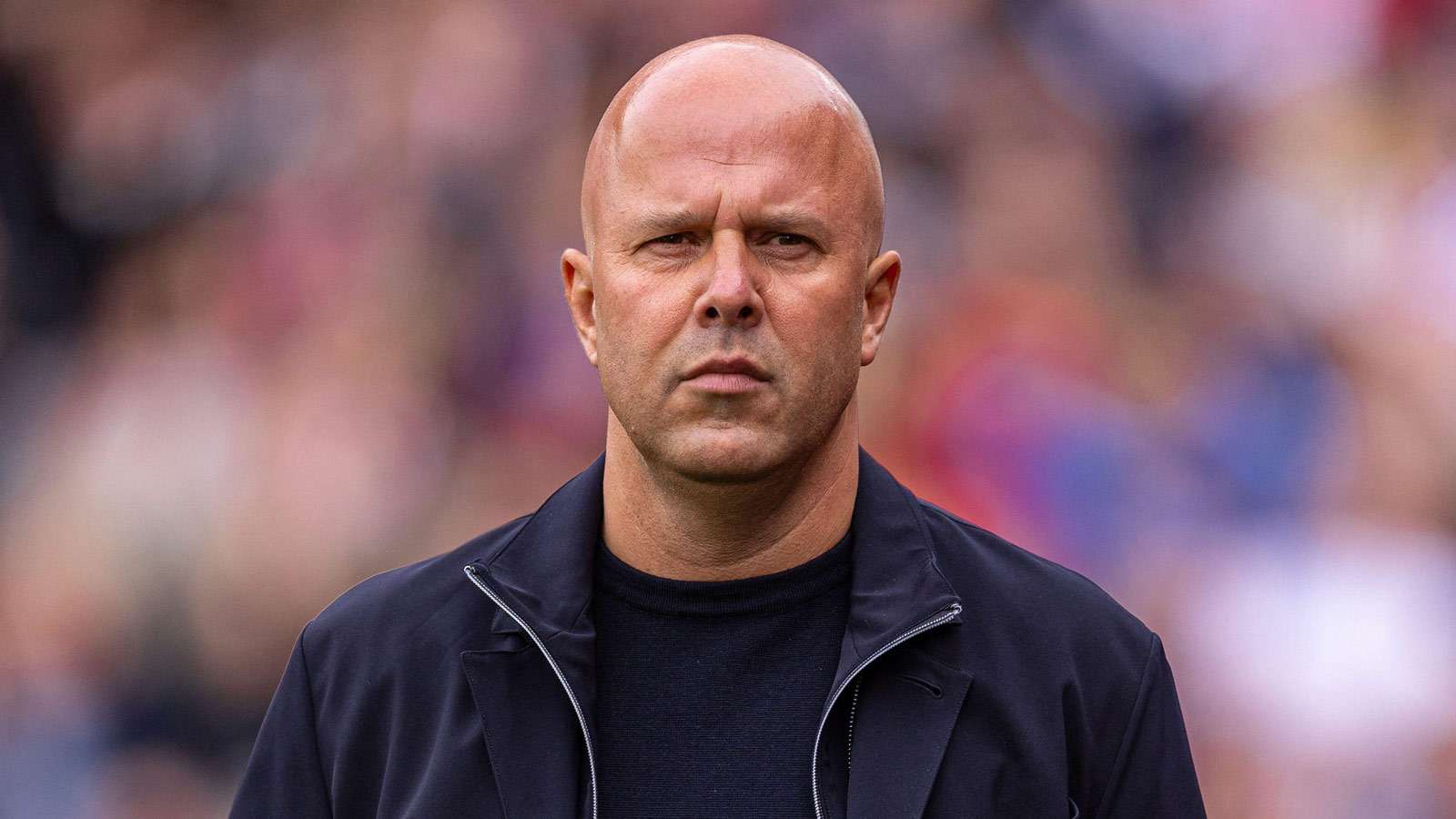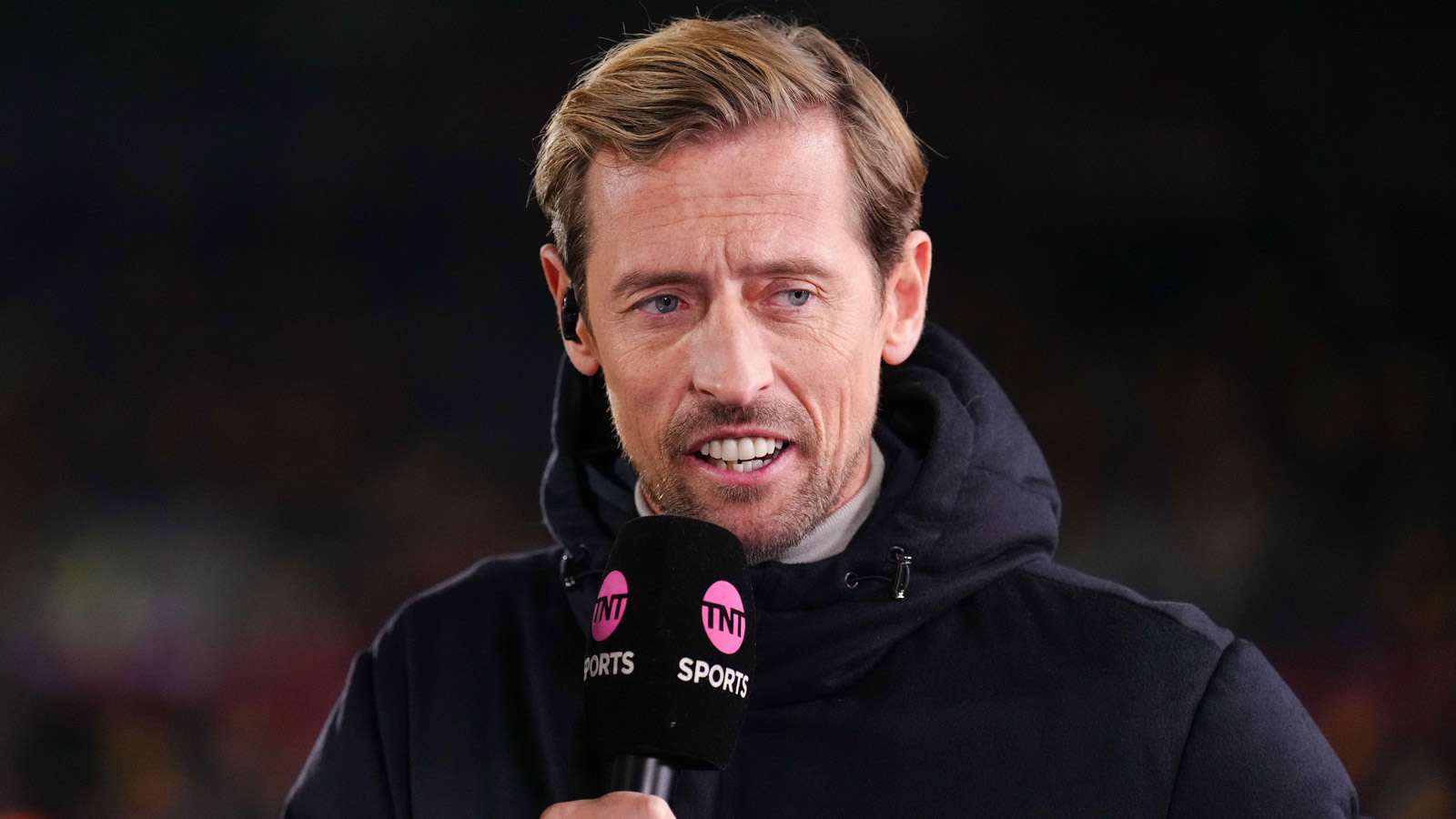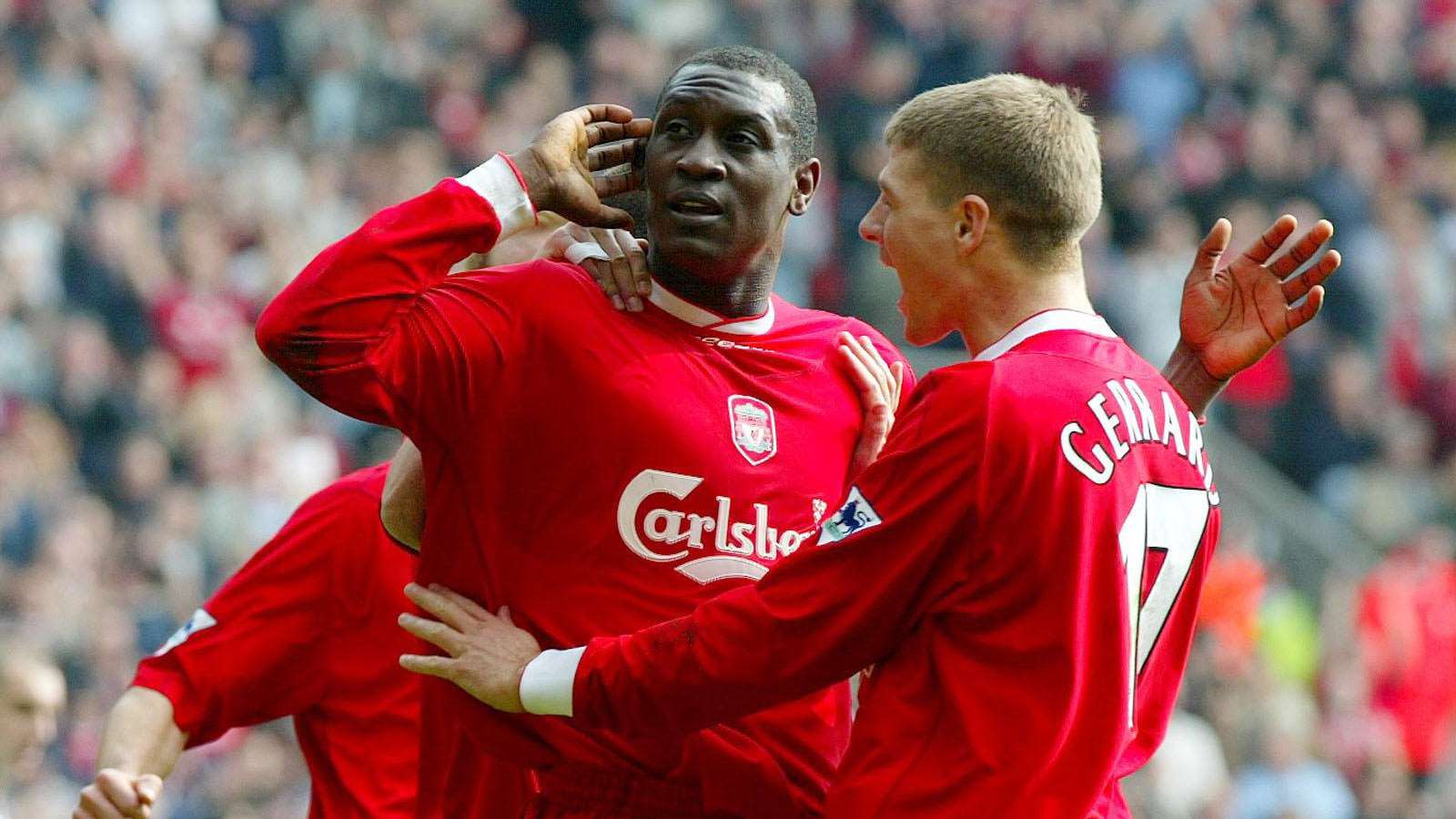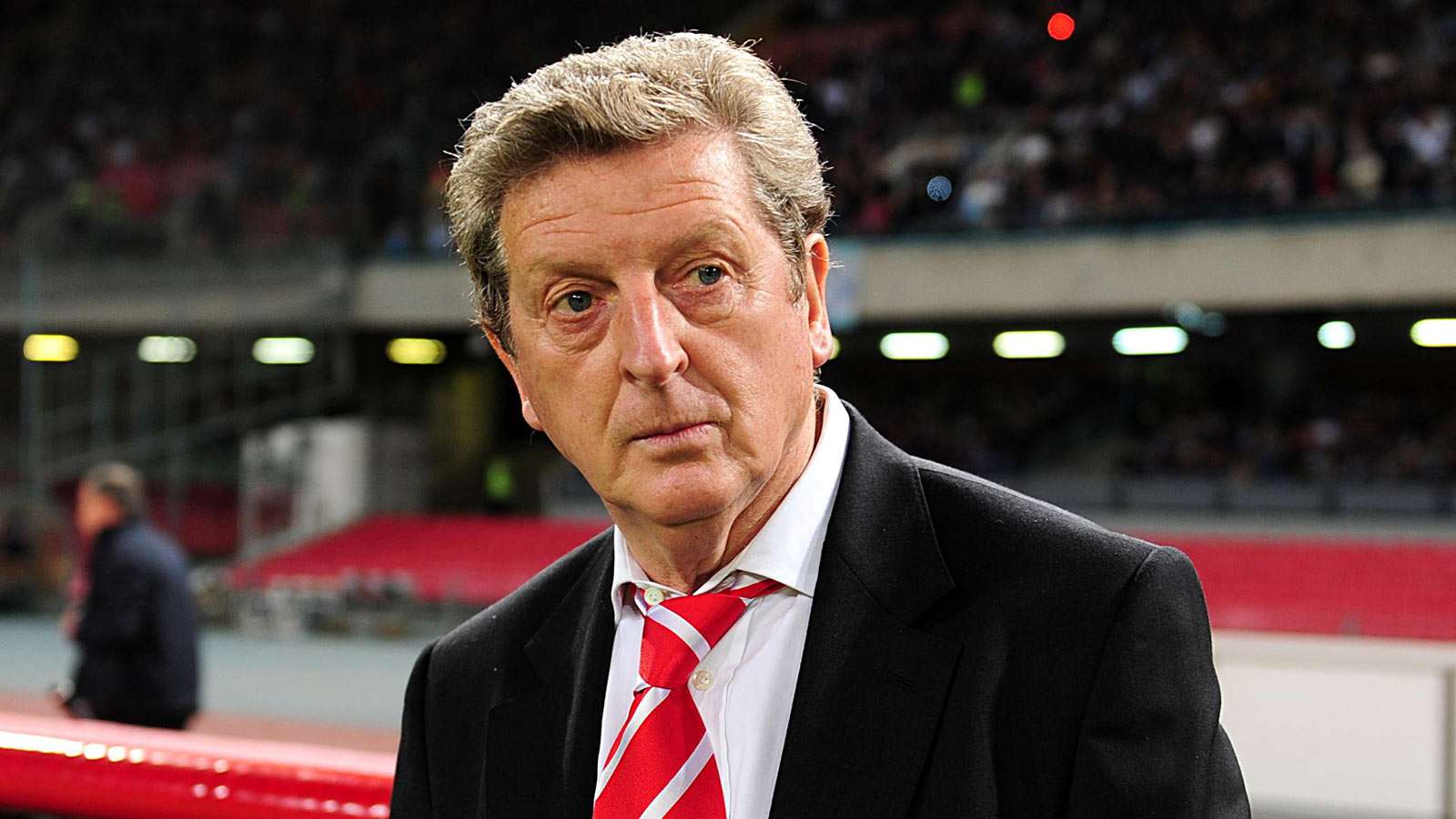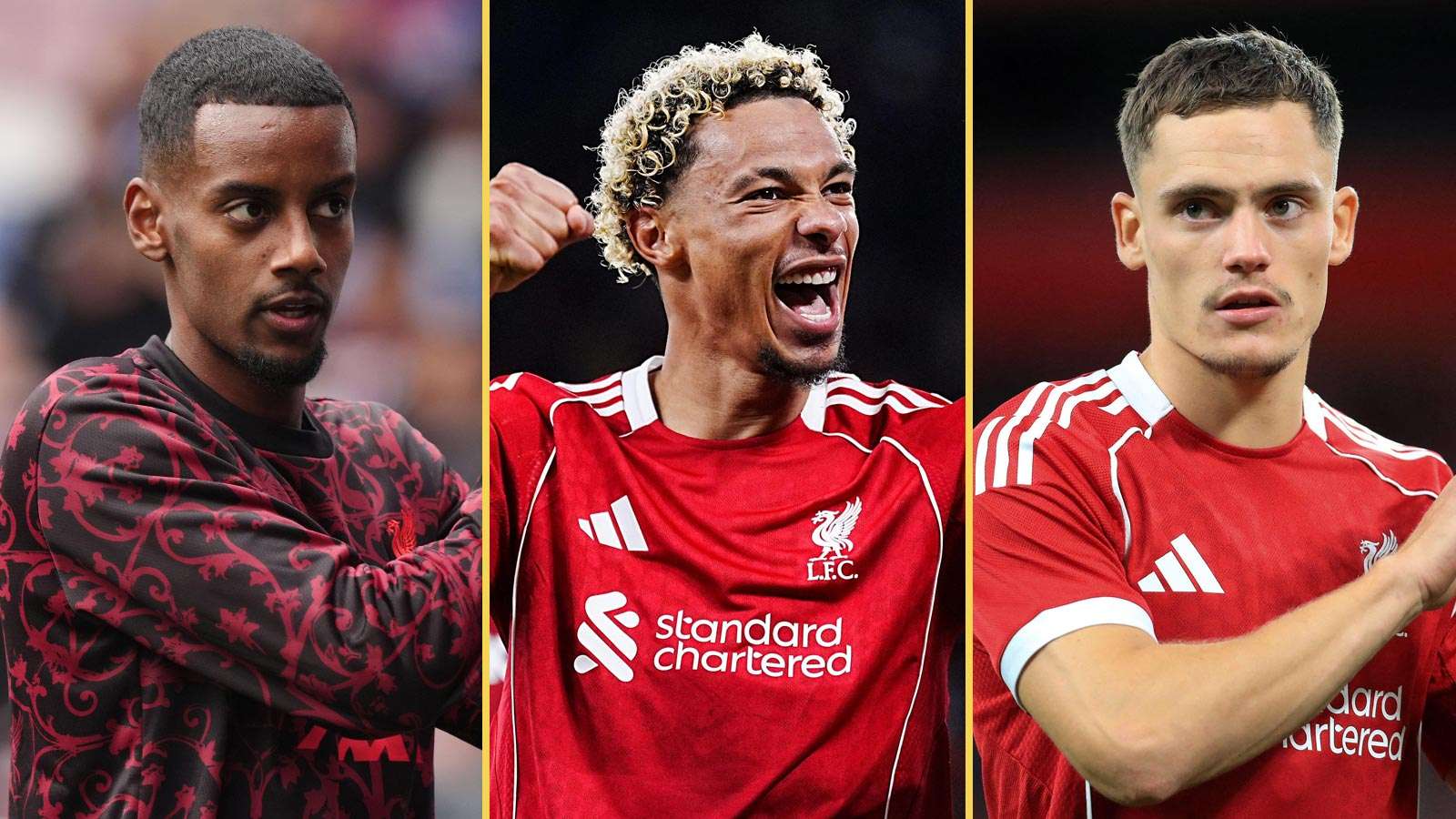Former Liverpool player Steve Nicol launched a fierce criticism of Arne Slot after Liverpool’s 3-0 defeat to Manchester City
Liverpool’s fragile momentum, rebuilt through morale-boosting wins over Aston Villa and Real Madrid, was abruptly halted at the Etihad Stadium as Manchester City dismantled Arne Slot’s side with a 3-0 win that exposed familiar concerns rather than creating new ones.
What should have been an opportunity to consolidate progress instead served as a brutal reminder of how far Liverpool have fallen this autumn.
Slot’s team sit eighth, eight points adrift of leaders Arsenal after 11 games, and although the fixture list softens over the coming weeks, the damage done during a dismal run since September continues to linger.
A visit to City is rarely a barometer of long-term health, but it was the manner of Liverpool’s collapse rather than the margin of defeat that drew some of the sharpest criticism yet of Slot’s tenure.
From the first whistle, Guardiola’s side seized control, swarming the midfield and dictating tempo with an authority that left Liverpool unable to string together even the most basic passing sequences.
Former Liverpool defender Steve Nicol, speaking on ESPN FC, was scathing in his assessment of what he described as a passive and muddled in-game approach from Slot.
“The [City] dominance surprised me,” Nicol said. “Other than maybe five minutes after half-time when Liverpool looked like they were trying to get back in it, that was it from Liverpool. Seventy-three minutes in, Donnarumma makes his first save from Szoboszlai. That just tells you how this game went.”
What particularly irritated Nicol was Slot’s lack of intervention as Liverpool’s midfield was repeatedly overrun.
“At least affect the game. Get more bodies in the middle of the park. Do something,” he said. “You can’t let the thing happen because all they did is let the game pan out in the first half how it had from the first whistle.”
“That annoyed me more than anything else. Liverpool couldn’t string three or four passes together at any stage. When you’re doing that against a City team who, at the very least, keep the ball well, you’re never going to get hold of it yourself.”
Nicol doubled down on that frustration, arguing that Slot’s reluctance to modify Liverpool’s structure has become a pattern.
“There’s only one thing that really annoyed me about the game: Arne Slot sat on his hands in the first half and changed nothing,” he said.
“Liverpool were getting totally overrun in the middle of the park, and he did nothing. At least affect the game, tell people to come in, get more bodies in the middle of the park so they have to at least go on the outside. Do something.
“You can’t just sit there and let the thing happen. He just sat there and let the game play out the same from the first whistle. You can’t do that. That annoyed me more than anything.”
Liverpool had endured more bruising visits to the Etihad under Jürgen Klopp, and in isolation a 3-0 defeat hardly constitutes crisis.
But this was the fifth league defeat of the season, arriving in much the same fashion as the others: a slow start, an inability to stabilise the game, and a lack of a coherent response when the plan begins to fray.
City’s goals reflected their control. Erling Haaland after missing a penalty pounced to break the deadlock, and Nico González doubled the advantage in first-half stoppage time during another period in which Liverpool failed to clear their lines or compress the midfield. By the time Jeremy Doku added a third after the break, the outcome felt inevitable, and in truth City could have won by more.
Slot resisted making alterations at the interval. Alexander Isak’s ongoing fitness issues and his limited trust in Federico Chiesa restricted attacking options. Cody Gakpo’s introduction eventually provided some impetus, and he should have scored at the back post, but it amounted to little more than cosmetic improvement.
The defence of Slot is that options to materially change the flow of the game were limited. Guardiola’s midfield overloads pulled Liverpool’s shape apart repeatedly, and few sides in Europe are capable of stemming the tide once City reach that rhythm.
A quicker introduction for Curtis Jones or redeploying Florian Wirtz centrally were plausible shifts, but neither represented a cure all.
There is no respite in terms of scrutiny, even if the fixtures now offer Liverpool the chance to stabilise. After the international break comes a home meeting with Nottingham Forest, followed by a trip to West Ham United.
December begins with matches against newly promoted Sunderland and Leeds United. In theory, it is a run that should allow Slot to rebuild confidence and reassert clarity in Liverpool’s play.
Whether it proves enough to shift the narrative is another matter. City may no longer be the relentless machine that claimed four straight Premier League titles, but they remain capable of exposing even minor structural weaknesses in opponents.
Liverpool’s issues on Sunday were not solely the result of a flawed tactical blueprint. Sometimes the opposition are simply better.
Nicol’s criticism adds fuel to a debate that is no longer confined to television pundits. The questions around Slot are growing, and results alone will not quiet all of them.
For now, the only certainty is that Liverpool must find direction quickly or risk seeing their season drift before it has even reached the halfway mark.
